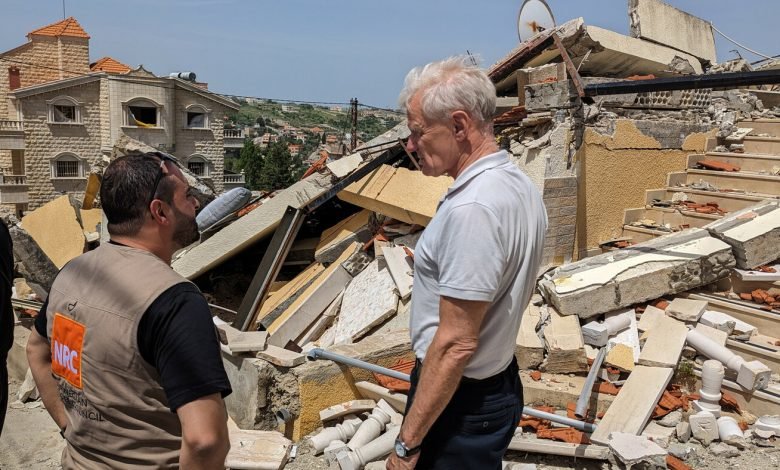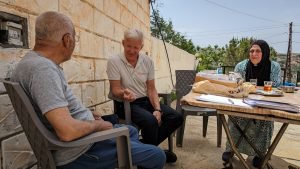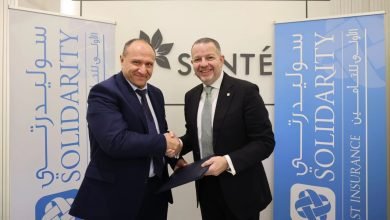
By :JD News Desk
Jordan Daily – The Norwegian Refugee Council (NRC) has warned of deepening crises in South Lebanon, where over six months of hostilities have inflicted severe suffering on refugees and local communities. The conflict has affected all aspects of life, with the situation worsening in the last 48 hours due to intensified attacks.
“Civilians have reportedly been killed and injured in South Lebanon,” said Jan Egeland, Secretary General of the NRC, during his visit to the country. “The exchange of explosives across the southern border has displaced more than 90,000 civilians living in South Lebanese villages and claimed over 70 lives.”
Israeli attacks have caused extensive damage to agricultural lands in southern Lebanese villages, disrupting the only source of income for many farmers. Egeland expressed concern over the dire situation, stating, “People fleeing southern villages end up in overcrowded shelters. Their livelihoods have been destroyed, but we have insufficient funding to help them.”

Lebanon, which hosts one of the world’s largest refugee populations per capita, is grappling with multiple crises. The country has long been a haven for Syrians and Palestinians fleeing conflict. However, the economic crisis that began in 2019, which saw the currency lose 90% of its value, has tested the resilience of both refugees and host communities, Egeland noted in a statement seen by Jordan Daily.
“Lebanon urgently needs international support to cope with its multiple crises,” Egeland added. “The country has shown great generosity hosting Syrian and Palestinian refugees for decades. It must not be left to shoulder multiple humanitarian responsibilities on its own.”

The NRC has called for all parties to the conflict and international mediators to work towards averting an escalating war and achieving regional peace and stability. They urged all sides to adhere to international humanitarian law, avoid indiscriminate attacks, and protect civilians and civilian infrastructure.
“We call for an urgent end to fighting. People must be able to return to their homes and jobs, farmers to their lands, and children to their schools,” said Egeland. “These are communities that have already endured great suffering and must be provided with the support they require.”

